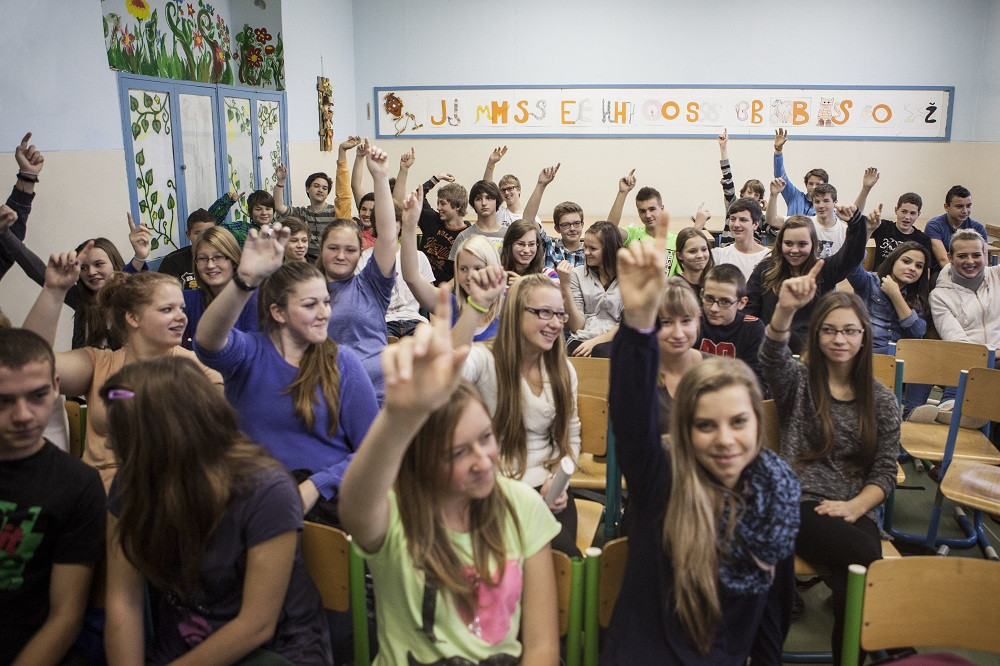Council of Europe expresses concern about segregation of Roma children in schools in the Czech Republic
Published: Oct 13, 2015 Reading time: 2 minutes Share: Share an articleIn a report on the Czech Republic, the European Commission against Racism and Intolerance (ECRI), whilst acknowledging progress in a number of areas, expresses serious concern over the lack of progress in eradicating segregation of Roma children in schools and the prevalence of anti-Roma hate speech in political discourse.

ECRI welcomes the enactment of the Anti-Discrimination Act in 2009 and new measures to support children with special education needs in an individual manner in mainstream schools. It also reports as positive developments the adoption of a Strategy for Combating Extremism, and that extremists are currently less relevant than in previous years.
Other positive developments are the setting up of regional Integration Support Centres for Foreigners in all regions of the country and a campaign against racism and hate violence targeting young people that is planned for 2016 focusing on vulnerable communities, including Roma and LGBT.
On the other hand, ECRI concludes that the strategies for Roma integration and for combating social exclusion have had little effect. It expresses concern that many “only-Roma” schools continue to exist providing a reduced curriculum and lower quality education. In addition, no specific and measurable targets have been fixed for transfers of Roma children from practical to ordinary education, and none seems to have been carried out in practice.
ECRI expresses particular concern about 26 violent anti-Roma demonstrations organised by right-wing extremist groups throughout 2013.
“There are positive developments, such as the adoption of anti-discrimination legislation and strategies, but concerns remain, among others, the lack of powers for the Public Defender of Rights to combat racial discrimination effectively, and the persistent problem of segregation of Roma children in education and housing”, said ECRI’s Chair, Christian Ahlund.
In the report, ECRI makes several recommendations to the Czech authorities, including a priority recommendation to introduce at least one year of compulsory and free of charge preschool for all children before entry to mainstream primary education, which ECRI will review in two years’ time.
According to a 2014 survey of the EU Fundamental Rights Agency, less than 30% of Roma children attend preschool education in the Czech Republic (compared to 80% of the non-Roma population).
ECRI´s report, which was prepared following a visit to the Czech Republic in November 2014, takes account of developments up to 19 March 2015.
ECRI is a human rights body of the Council of Europe, composed of independent experts, which monitors problems of racism, xenophobia, antisemitism, intolerance and discrimination on grounds such as “race”, national/ethnic origin, colour, citizenship, religion and language (racial discrimination); it prepares reports and issues recommendations to member States.
